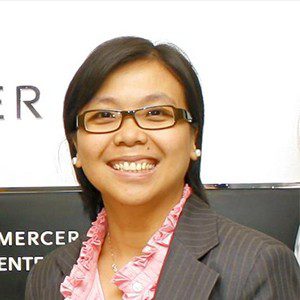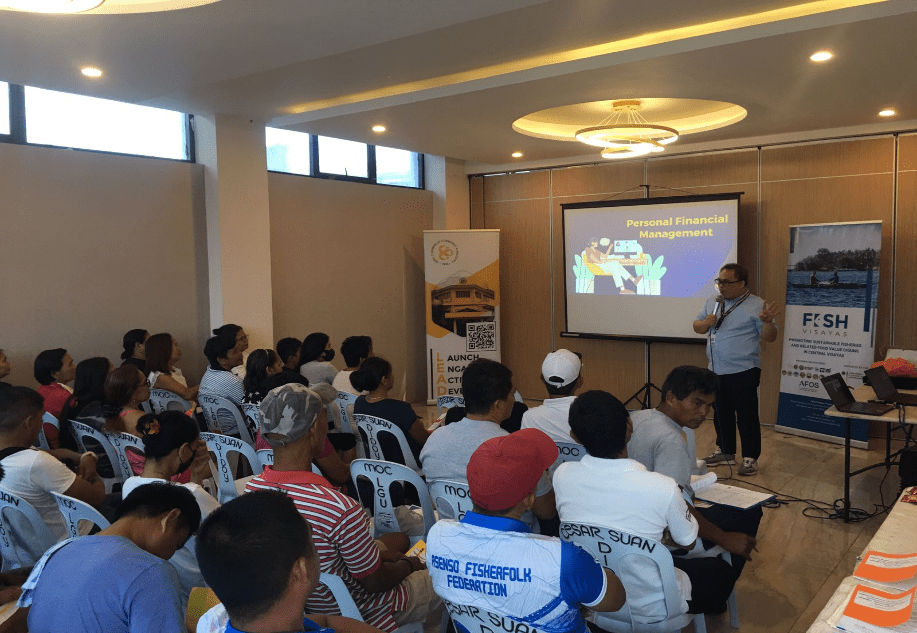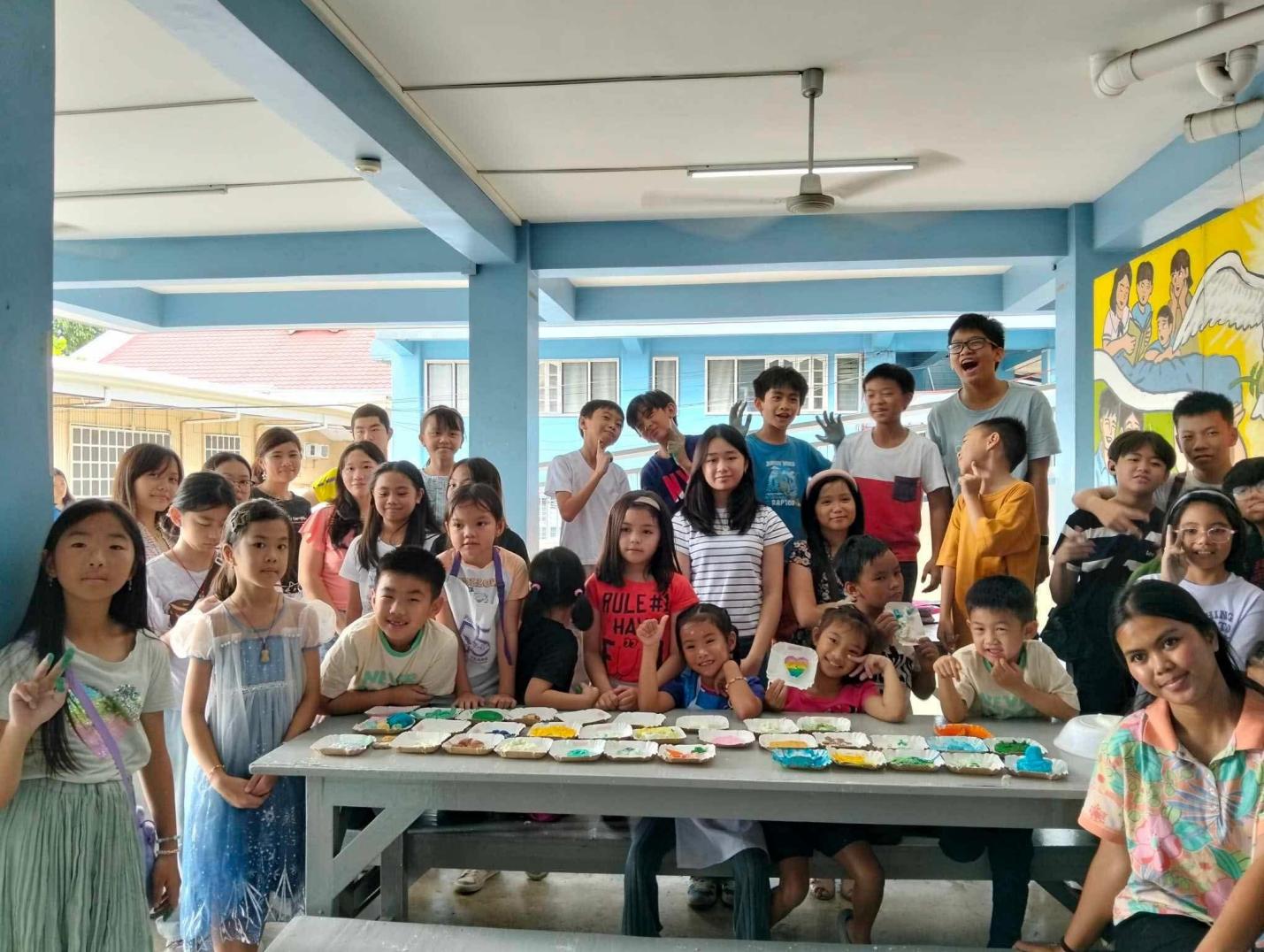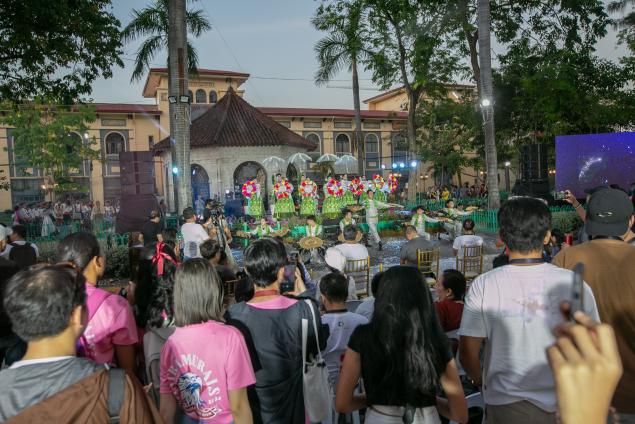The COVID-19 pandemic is driving a fundamental shift in the way companies operate, accelerating the need for an adaptable and agile workforce to bolster business success. According to Mercer’s 2021 Global Talent Trends study, the financial impact and work-life disruption caused by the pandemic has spurred employers in the Philippines to focus on workforce restructuring (47%) and active reskilling in 2021 (35%) in order to future ready their business and workforce.
Also high on their priority list is enhancing employee experience (34%), as companies look to create a positive and productive flexible work environment and to improve their health and well-being programs to maximize impact and meet the rising expectations of their employees.
Workforce restructuring and upskilling for future success
The nature of disruption today demands that companies transform at pace to stay ahead of competition, and according to Mercer’s survey, Philippine companies cite workforce restructuring as their key focus in 2021. As COVID-19 proved how rapidly adjusting capacity and redeploying resources is critical to success, 51% of companies made it easier to share talent internally as a result of COVID-19, and a further 17% plan to do so in 2021. As remote working becomes mainstream and new ways of working demand new skills, companies are seeking to reinvent flexibility for their workforce (62%), focus on targeted workforce upskilling of critical talent pools (58%) and expand their talent and learning eco-system (51%).
While 61% of firms are identifying new skills needed for their post-COVID operations, just 23% of HR leaders, (compared to 14% of their global peers) have implemented skills-based talent strategies such as pay-for-skills frameworks.

Floriza Molon, Mercer’s Career Business Leader for Philippines said, “Most companies are now working towards adopting a more flexible business model to gain competitive advantage. Looking at work and people through a skills lens will be critical going forward as it enables companies to act quickly and flexibly in the face of disruption. Deciding whether to buy or develop a skill in-house, for example, depends on knowing what skills you have in your organization today and what you need in future — knowledge that separates companies that can rapidly flow talent toward demand and those that cannot.”
“However, for skills-based talent strategies to work, employees need to see that learning new skills leads to tangible rewards, recognition or promotion – an area where Philippine companies can do better in, given that only one in 10 plan to reward skill acquisition.”
Employee experience critical to fuel business recovery
Employers focused on employees’ basic needs of safety, stability, and security in the first phase of the COVID-19 crisis. However, those needs and employee expectations are evolving, calling for a more holistic approach from employers as companies enter the next phase of recovery.
In the Philippines, 64% of companies plan to offer greater access to remote health and benefits options, compared to 47% of their global peers. Digital care delivery will become the centerpiece of programs to re-engage employees in their long term well-being: 74% want to enable digital health check-ups to promote health goals and 65% are adding benefits to address mental or emotional health issues. In addition, 90% of organizations are already using or plan to improve employee health and well-being analytics.
Flexible working, likewise accelerated by COVID-19, has proven central to the new employee experience. More than 73% of organizations have already expanded flexible working policies and practices, and a further 23% plan to do so in 2021. To help employees adapt to new ways of working, Philippine companies are accelerating programs and policies that enable employees to adapt to new ways of working (30%); transforming the HR operating model to be more agile (26%) and redesigning HR processes for a remote/blended work experience. (18%)
Teng Alday, Mercer’s CEO for the Philippines said, “The companies that prioritize building a better employee experience — will be the ones best poised for success to weather this storm. While there is uncertainty around the length and depth of the impact, one thing remains certain: companies will need their people to propel their business forward — reshaping strategies, innovating new products and solutions, and driving commercial impact — when this pandemic is over. In short, employee experience will be a critical driver for fueling business recovery.”
Other findings Mercer’s Global Talent Trends Survey:
52% of HR leaders in the Philippines say their company has continued or stepped up the pace toward an Environmental Social & Governance (ESG) and multi-stakeholder business approach. The majority of those moving forward with stakeholder capitalism are tying ESG goals to their purpose (63%), and integrating ESG goals in their transformation agenda (48%).
While 64% of companies in the Philippines agree that what employees value has shifted, and have engaged in a process to uncover what is most relevant to different persona groups in this new era, only 36% are offering more financial education than before the pandemic.
Leveraging AI, HR leaders plan to improve their analytics capabilities to support learning and talent acquisition (64%); to enhance the physical well-being and health of employees (61%) and to gather performance data related to flexible working (56%).












